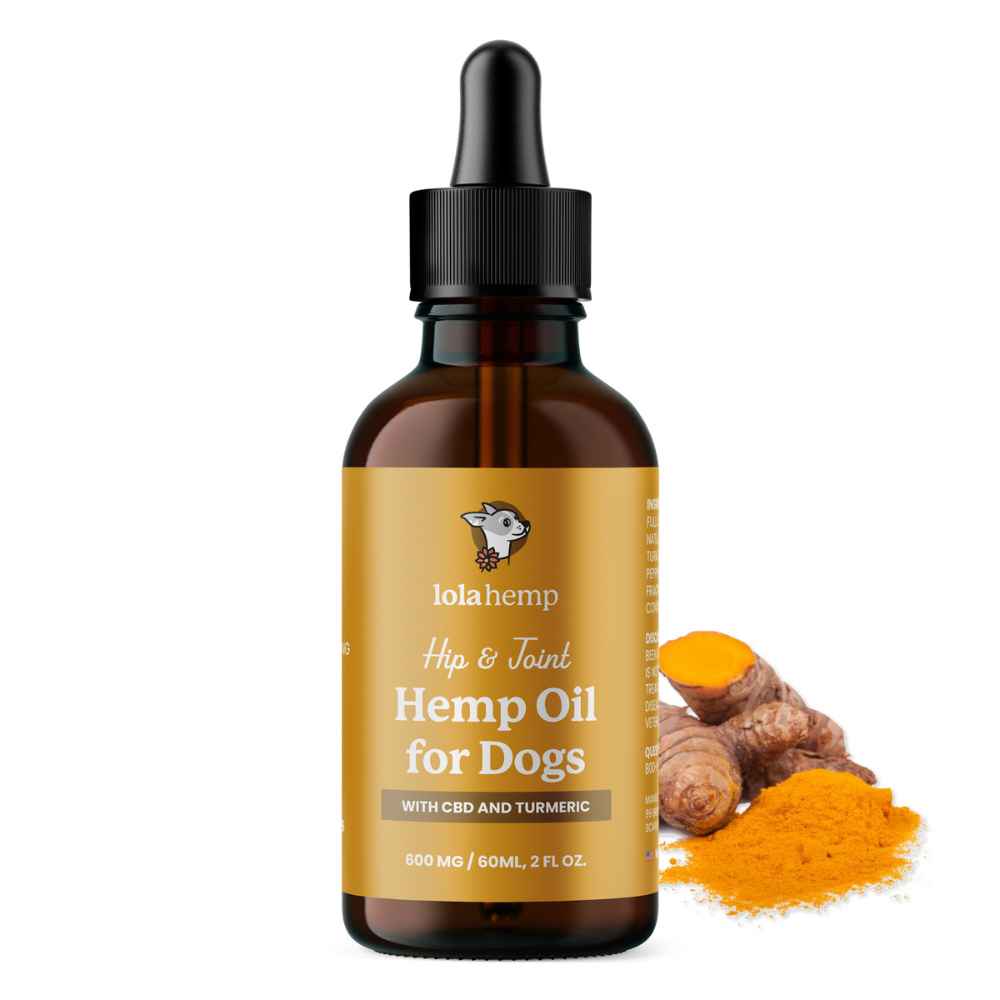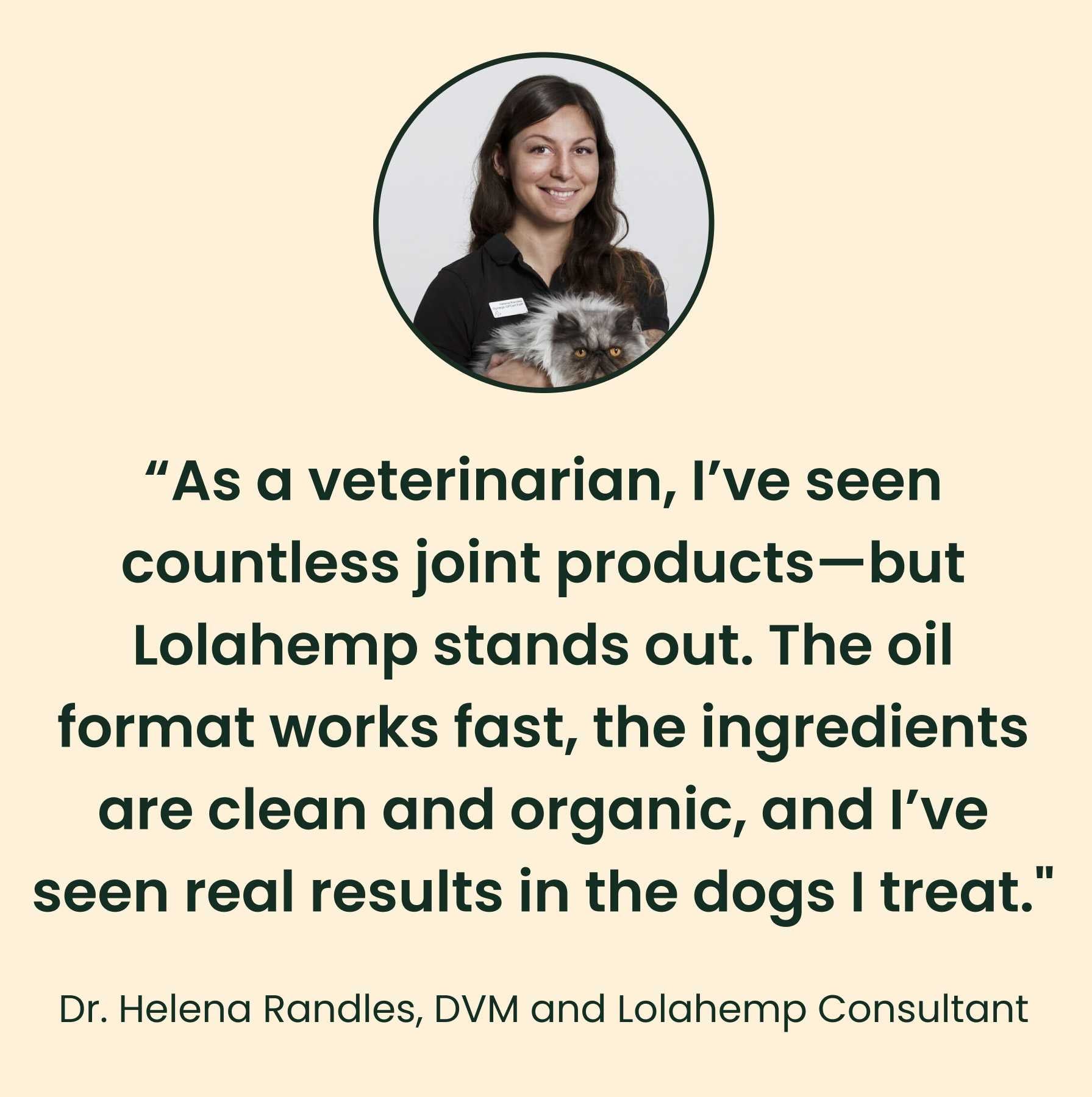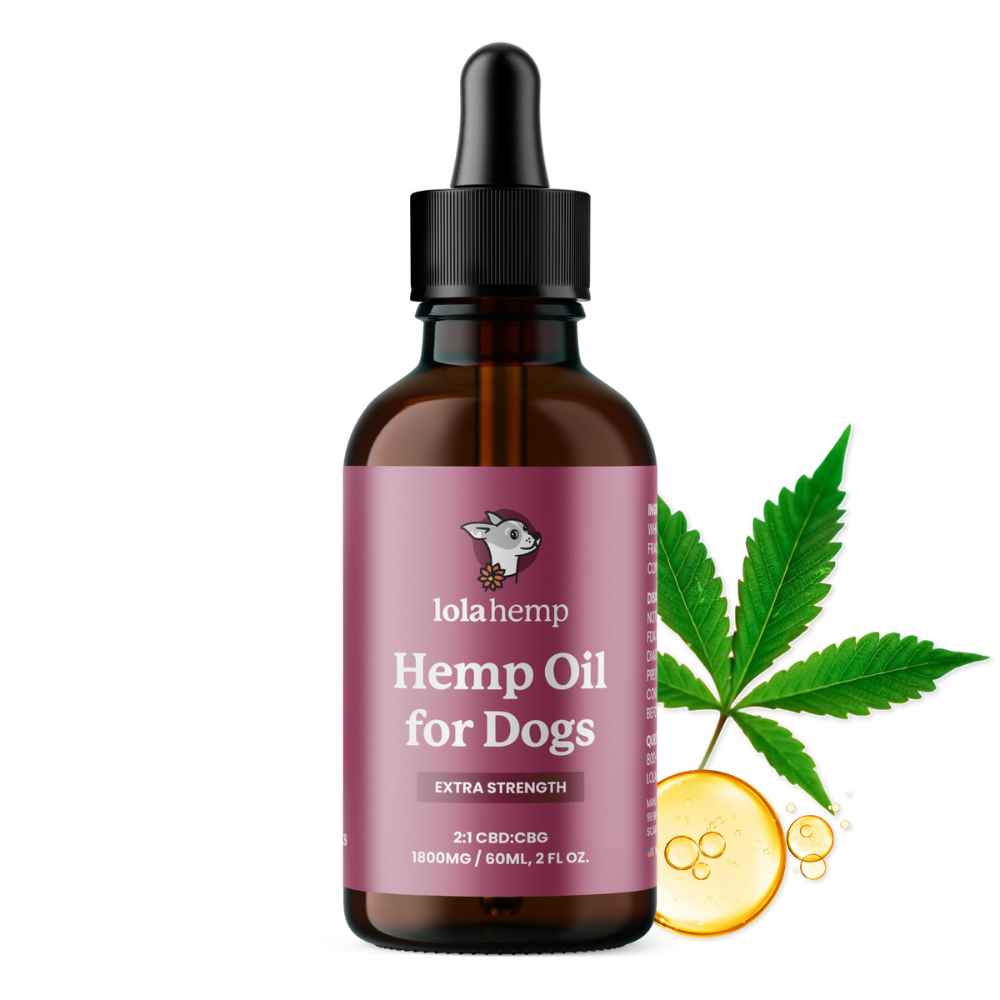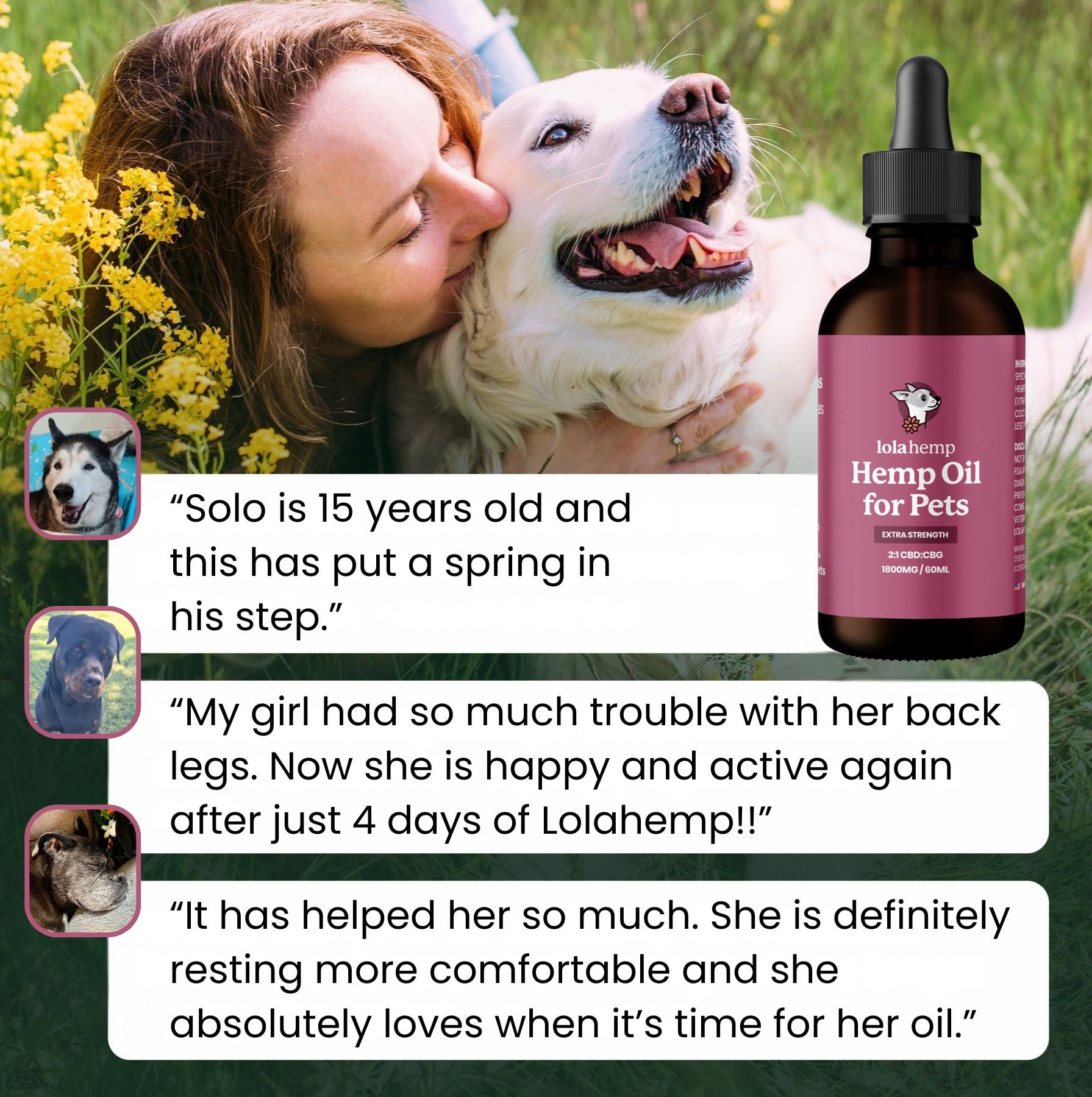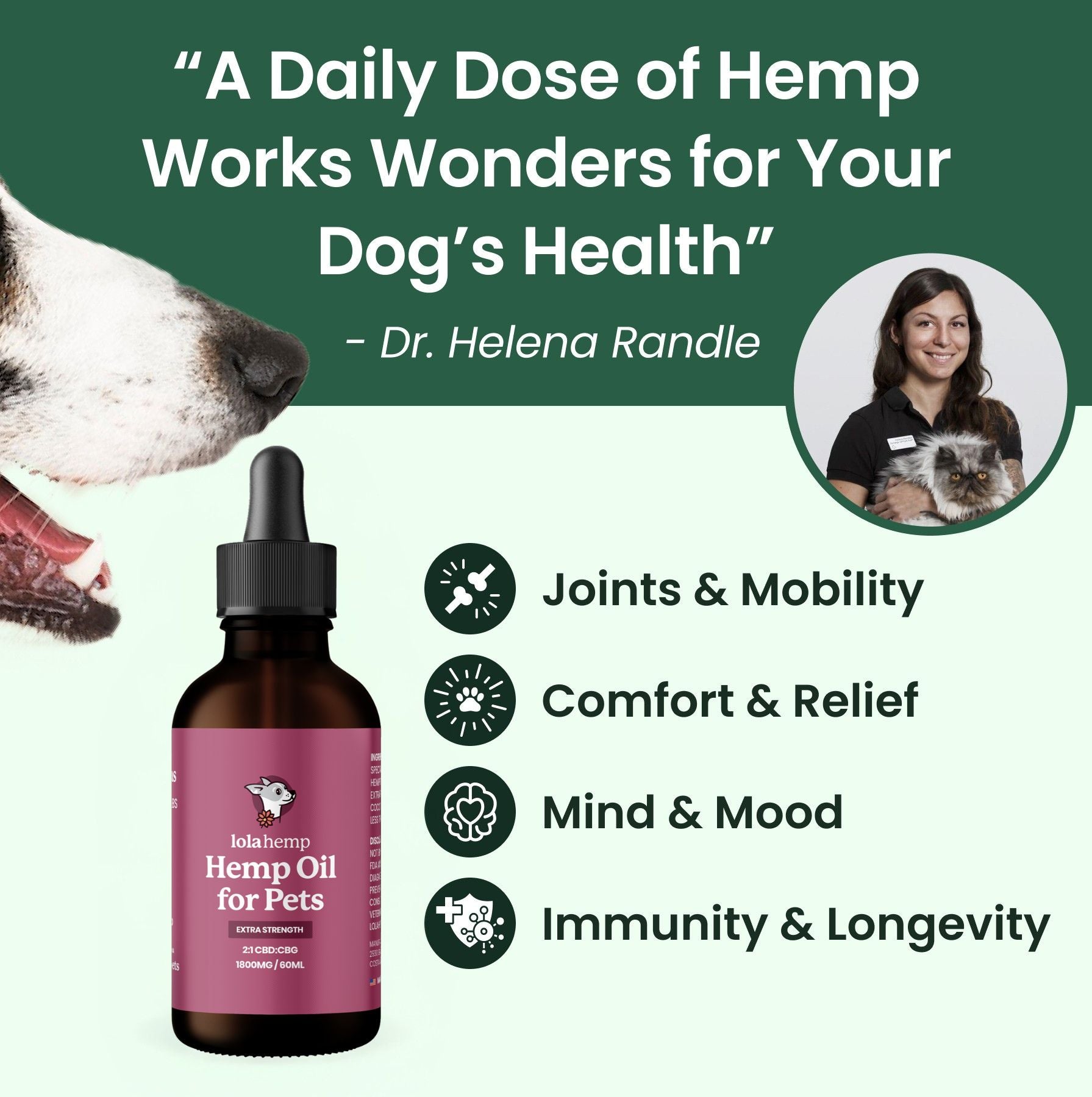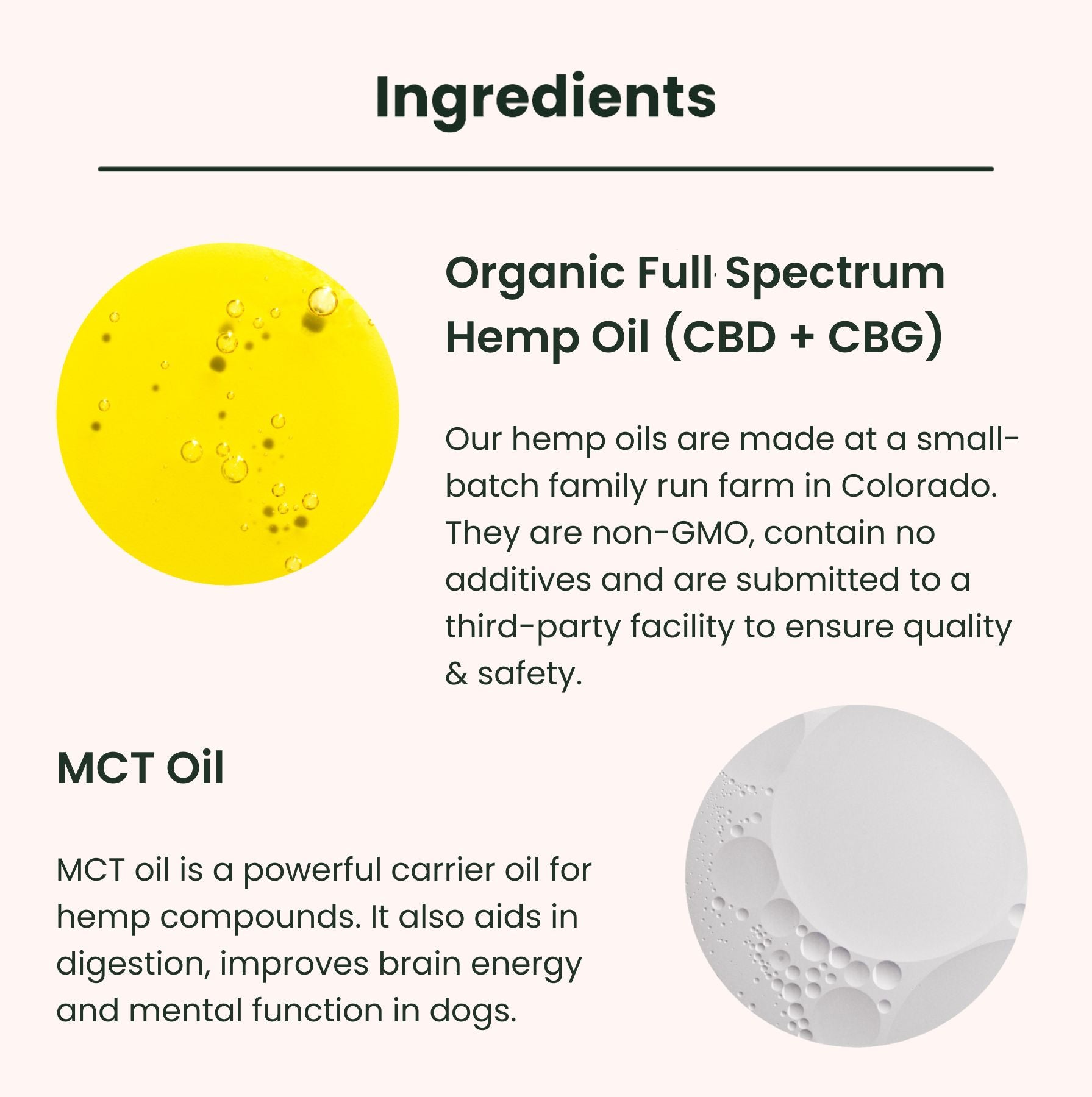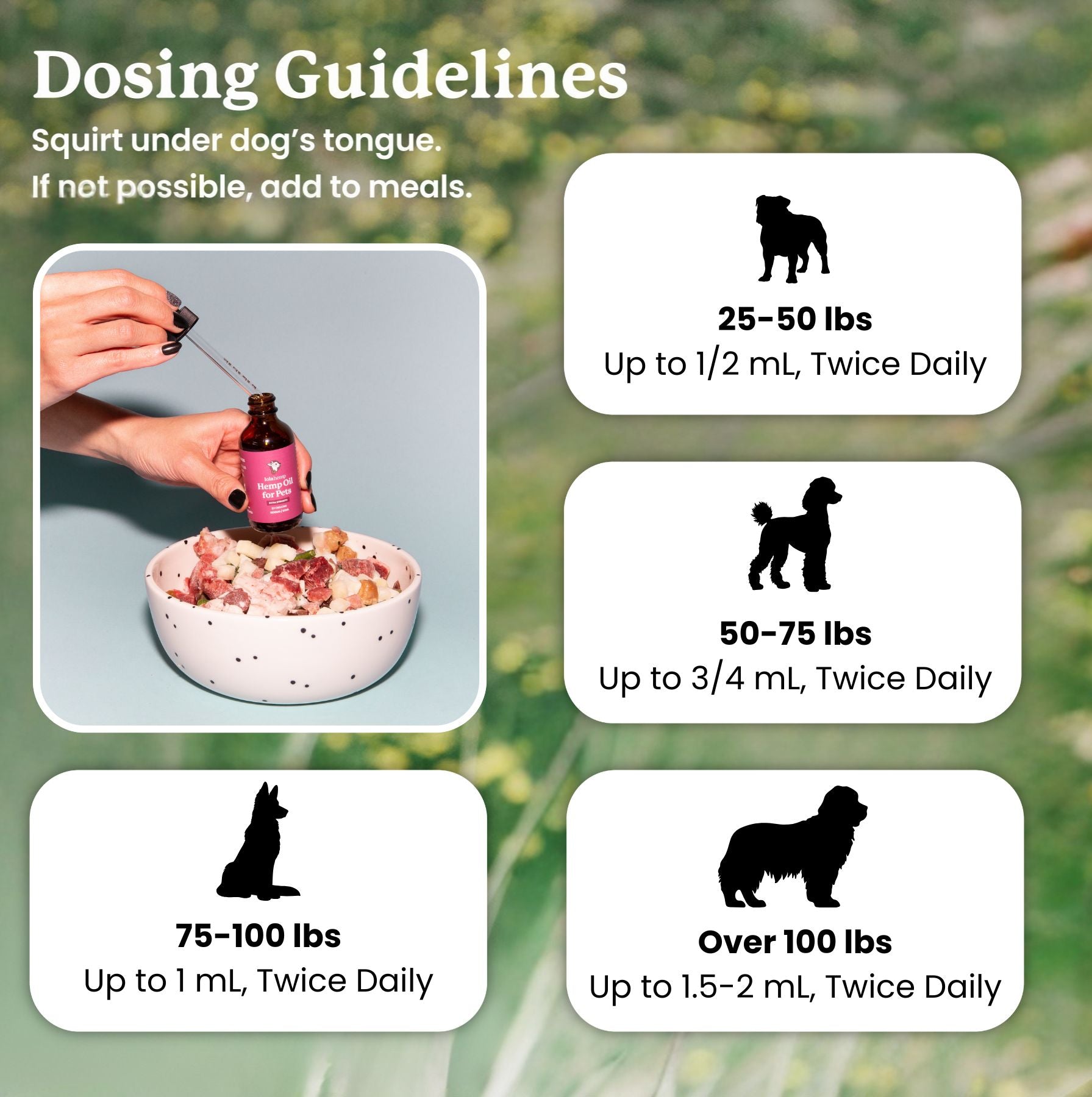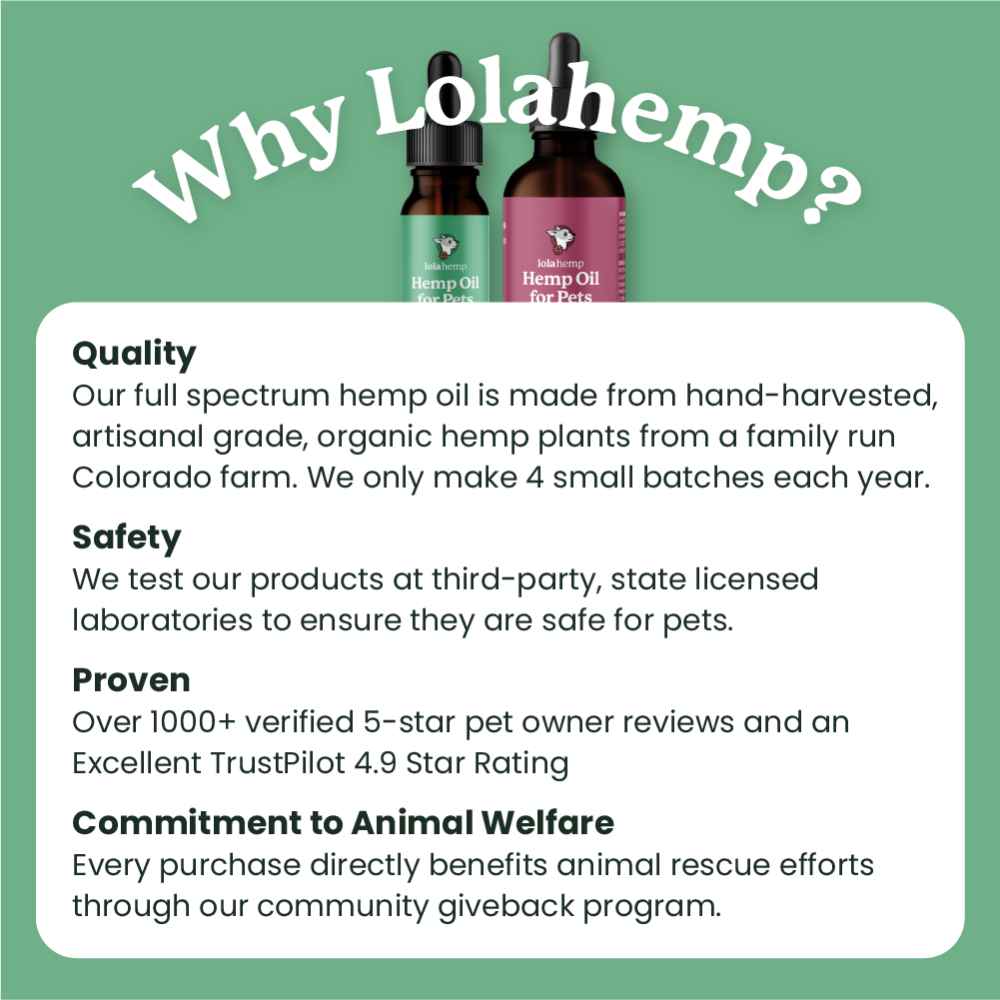This video covers everything dog owners should know about CBD oil for dogs, including dosing, safety, benefits, risks, product options, and more. If you have any major questions about CBD oil for your dog, you can find them in the video below!
You can also review our frequently asked questions at the bottom of this page.








